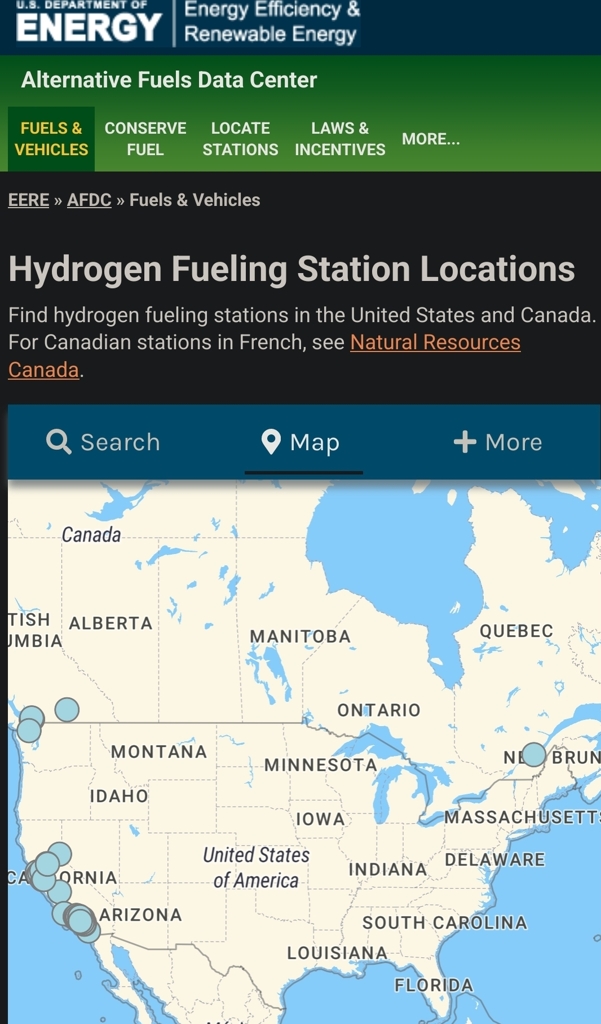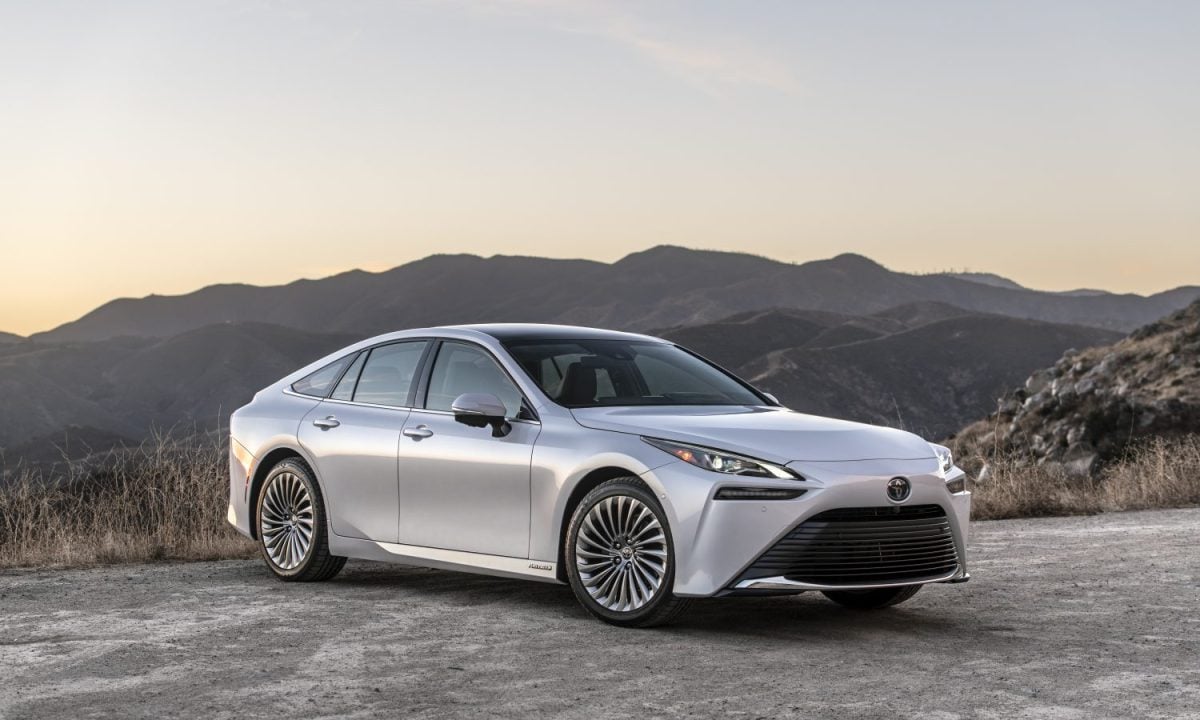Toyota wants hydrogen to succeed so bad it’s paying people to buy the Mirai::Toyota is offering some amazing deals for its hydrogen fuel cell-powered Mirai. That is, if customers can find the hydrogen to power it.
I think the hydrogen is intended to be sourced from natural gas, which is not a great thing. The only way I see this working in an environmentally sustainable way is an efficient means of solar hydrolysis (much more efficient than photosynthesis).
It’s important to see where the hydrogen is being sourced from. Grey Hydrogen comes from natural gas and is not ideal as you point out.
Green hydrogen is promising however, and comes from electrolyzers. The key there is where the electricity to operate them comes from, but that’s true for electric vehicles as well. It seems an unfair criticism against hydrogen vehicles to hold that against them when the same isn’t done for electric vehicles.
In any case, I think we do want to build out hydrogen infrastructure (and I’m biased since I work in hydrogen energy). The future we’re envisioning is one where solar and wind provide us excesses fairly often. That’s where it’s perfect to run electrolyzers to store the energy as hydrogen.
Most Hydrogen fuel is still made from natural gas. It’s greenwashing.
https://www.nytimes.com/2021/08/12/climate/hydrogen-fuel-natural-gas-pollution.html
And most electricity is still made from fossil fuels. The point is that it doesn’t have to be, unlike gasoline.
Depends where you live. Plenty of countries with high % of renewables
That’s not true, Gasoline doesn’t have to be made from Fossile fuels either. It’s pretty easy to make actually - there are a number of European companies doing it and with the Co2 Taxes, it will be a viable option by 2028.
Gasoline is made from petroleum.
It is certainly synthesisable by some method without using petroleum. But the person you replied to probably meant Power-to-Gas.
However synthetic or not, burning it produces same gases, which are the problem. Cleaner, but not the end solution.
We could use wind electricity, instead of stopping the windnturbines when the production gets so high that prices drop…
At some point hopefully we will realize
I am not in love with the idea of pure hydrogen cars due to the inefficiencies involved, but I can see a hydrogen/BEV plug in hybrid being a good option if hydrogen infrastructure gets built out. As is, I drive a Chevy Volt, and while its battery range is low it is enough for the majority of my daily driving. The biggest downside of pure EVs is charging time when you’re driving on long trips, and in my Volt I don’t have to worry about that as I can just fill up with gas. Well, do the same thing but with hydrogen rather than gasoline and you have a car that can refill quickly like a gas car but can be powered entirely from renewable energy sources like a pure BEV. You need some lithium but less than you would for a full size battery. You still have the capability to charge at home and assuming the battery can do a reliable 50 miles or so you would only need hydrogen for longer trips. You could leave the hydrogen tank empty to avoid leakage and safety issues when you aren’t doing a road trip. Also, hydrogen cars are EVs anyways so the drivetrain doesn’t need the extra complexity of a conventional hybrid, just switch power between the battery and hydrogeb fuel cell.
I would assume this falls into the “you couldn’t pay me” category for most people.
I don’t have a single hydrogen station here in Michigan. (There might be one in Detroit.) Meanwhile, I can plug in my electric car at home, or go to a public charger 10 miles away. Hydrogen’s good as dead. At least to me, anyway.
Hydrogen was as good as dead for years because compressing it is so wasteful
The ones at the Washington state border are actually in Canada. I’d love to see hydrogen take off, not necessarily take over. But that’s the car enthusiasts in me and seeing all the new technologies. Doubt I’ll see it in my working career.

How expensive would it be to re-fit as a chargeable hybrid?
This podcast episode strong critiques the technical challenges, lifecycle costs, and market effort of hydrogen. I was hydro-curious before this, but it really seems unfeasible.
The chemical engineer being interviewed, Paul Martin, has been working with hydrogen for years.
Paul Martin is a Canadian chemical engineer with decades of experience making and using hydrogen and syngas. As a chemical process development specialist, Paul offers services to an international clientele via his private consultancy Spitfire Research. He is also co-founder of the Hydrogen Science Coalition, a nonprofit organization providing science-based information about hydrogen from a position free from commercial interest









